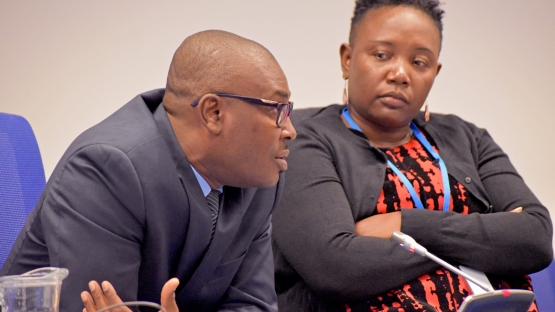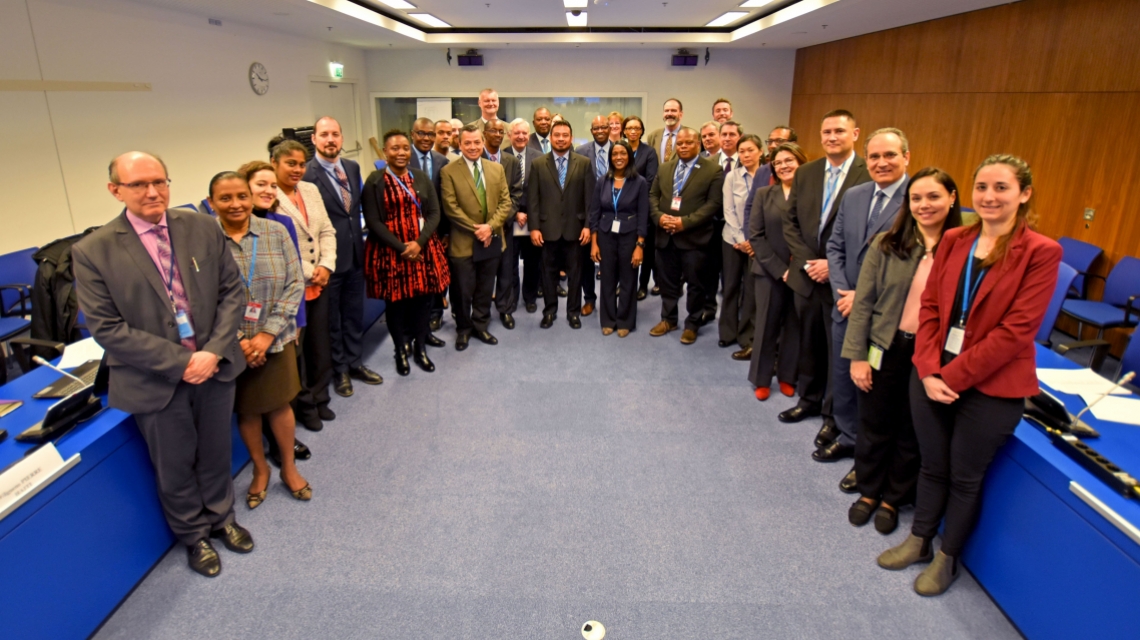As countries in the Caribbean increase their use of radioactive sources for beneficial purposes in industry, medicine, agriculture, research and education, there is a corresponding need to support the development of legal and regulatory frameworks to govern the use and ensure the safety and security of these sources. Representatives of 11 countries which are Member States of both the IAEA and the Caribbean Community (CARICOM) met in Vienna in February 2020, to explore how best to support the establishment and strengthening of regulatory bodies for ionizing radiation safety in the region. The event was the first coordination meeting of a new technical cooperation (TC) project[1] that focuses on supporting national regulatory infrastructures for radiation safety.
The new project is the latest in a series of regional efforts to promote greater nuclear and radiation safety in the Caribbean. Launched in January 2020, it includes the training of local regulatory staff and the delivery of essential IT and radiation detection equipment, which will facilitate and reinforce the work of the national regulatory bodies.
“This regional project aims to build upon previous efforts by the IAEA which have strengthened the cradle-to-grave control of radioactive sources in the Caribbean and have supported the establishment of national regulatory infrastructures in the region,” said Luis Carlos Longoria Gándara, Director of the IAEA Technical Cooperation Division for Latin America and the Caribbean. “As two previous related projects drew to a close in 2019, this follow-up project will endeavour to fill persisting gaps and mesh regulatory activities into one, common approach.”








